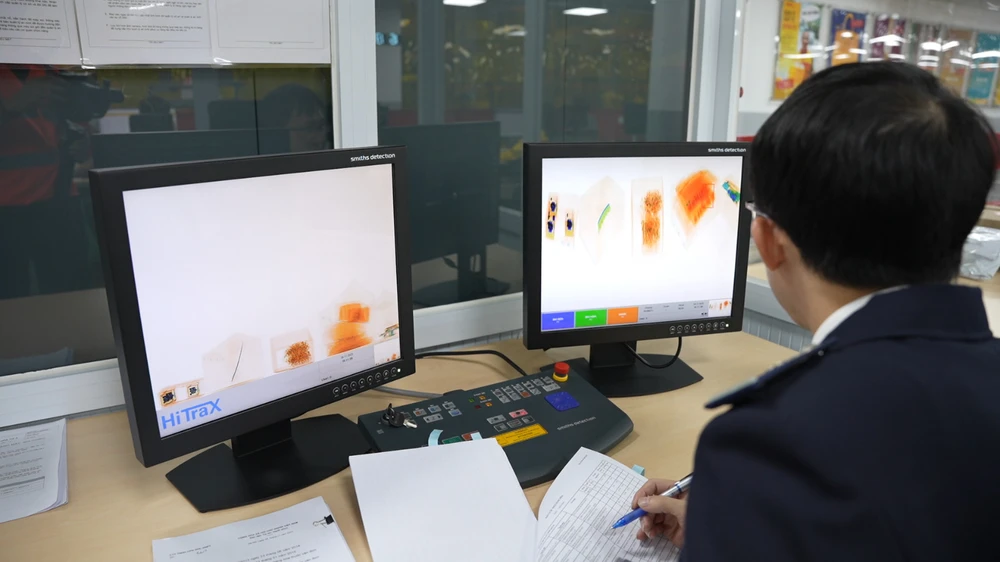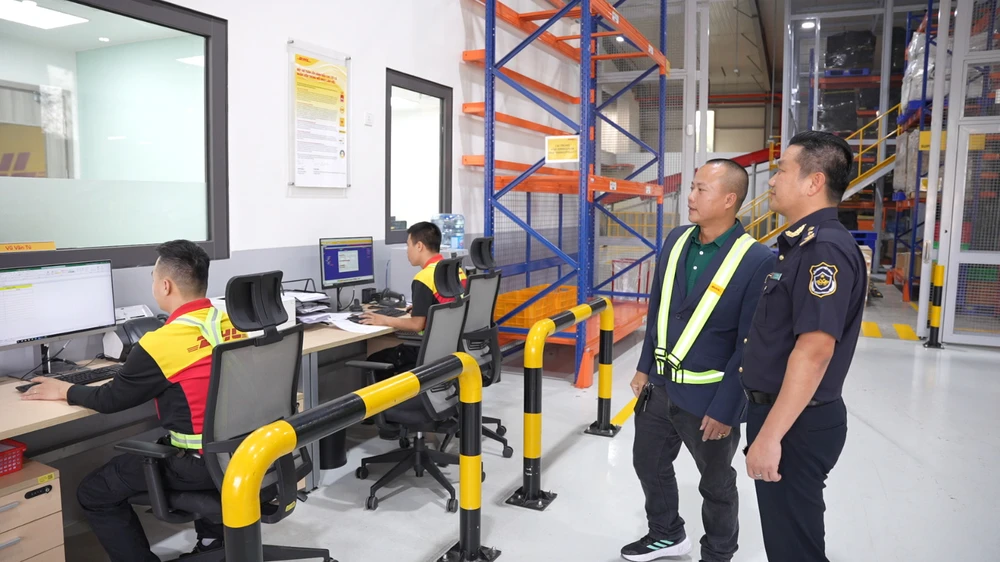
On October 8, the General Department of Vietnam Customs announced that it is preparing a draft Decree on customs management for e-commerce transactions, which will be submitted by the Ministry of Finance to the Government for approval. The primary objective of this draft is to create a legal framework for managing e-commerce goods, fostering the development of the sector in Vietnam.
Vietnam is currently ranked among the top ten countries with the fastest-growing e-commerce markets worldwide, with total revenue in 2023 reaching nearly VND498.9 trillion, according to the General Department of Vietnam Customs.
Among the five major e-commerce platforms—Shopee, Lazada, Tiki, Sendo, and TikTok Shop—their combined revenue reached VND233.2 trillion, a 53.4 percent increase compared to 2022, according to data from Metric, an e-commerce analytics platform for businesses. Amazon reports that Vietnam’s cross-border retail sales have been growing by over 20 percent annually, and are projected to reach VND256.1 trillion (over US$11 billion) by 2026.
However, this rapid development also poses significant challenges, particularly in controlling cross-border imports and exports. Currently, there are no specific regulations for e-commerce goods, and customs procedures continue to rely on conventional transaction types such as postal services, express delivery, and land and sea transportation.

According to the General Department of Vietnam Customs, some individuals have taken advantage of the leniency in policies and the growth of e-commerce, express delivery services, and goods forwarding services to engage in violations.
The new draft decree aims to establish a coordinated mechanism among relevant agencies, implement the national and ASEAN single window systems for monitoring e-commerce transactions, and apply risk management based on information technology. However, the timeline for issuing the decree relies on the completion of the digital customs system.
Additionally, the General Department of Vietnam Customs has introduced strict control measures to combat smuggling and trade fraud through e-commerce channels. By collaborating with other enforcement agencies, customs authorities will continue to take prompt action to prevent violations, protect consumers, and safeguard State revenue.
























